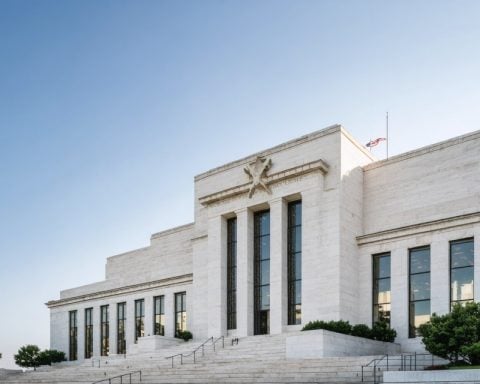The Philippine Bureau of Immigration (BI) has taken significant steps to track down nearly 11,000 workers linked to illegal Philippine offshore gaming operators (POGOs). These individuals failed to switch to tourist visas or depart the country by the December 31 deadline, as highlighted by BI’s spokesperson, Dana Sandoval, during a recent interview.
Out of the total 33,863 POGO employees monitored by the Philippine Amusement and Gaming Corporation (Pagcor), a substantial number—approximately 22,609—have already left. This leaves behind over 11,000 who are still unaccounted for, raising concerns for authorities. The BI is finding it increasingly difficult to locate these individuals, as they may be evading law enforcement or have started their own small-scale online gaming operations.
To combat these issues, the Bureau is collaborating with both the Presidential Anti-Organized Crime Commission (PAOCC) and local government units to monitor potential illegal activities involving these foreign nationals. Sandoval warned residents that assisting illegal aliens could result in serious legal consequences.
The crackdown on POGOs is part of a broader move by President Ferdinand Marcos Jr., who announced plans for a complete ban on these operations by the end of 2024, citing their connections to organized crime and related illegal activities. As this situation unfolds, the BI continues its urgent efforts to address the challenges posed by illegal POGO workers.
Philippines Cracks Down on Illegal POGO Workers: Key Insights and Future Implications
Overview of the Situation
The Philippine Bureau of Immigration (BI) is intensifying its efforts to locate nearly 11,000 foreign workers associated with illegal Philippine offshore gaming operators (POGOs). These individuals have not transitioned to tourist visas or left the country following the December 31 deadline set by authorities. This increase in scrutiny follows reports from the Philippine Amusement and Gaming Corporation (Pagcor), which tracked 33,863 POGO employees, of which approximately 22,609 have since departed.
Key Features of the Crackdown
– Collaboration with Authorities: The BI is partnering with the Presidential Anti-Organized Crime Commission (PAOCC) and local government units to enhance monitoring and enforcement. This multi-agency approach aims to deter illegal activities linked to foreign nationals involved in POGOs.
– Legal Consequences: Residents are being warned against providing assistance to undocumented foreigners, which carries significant legal repercussions. This serves as a reminder of the legal framework surrounding foreign employment in the Philippines.
– Impending Ban on POGOs: President Ferdinand Marcos Jr. has proposed a complete ban on POGO operations by the end of 2024 due to these establishments’ associations with organized crime and illicit activities. This ban reflects broader concerns about the impact of these operations on local communities and security.
Trends and Predictions
The crackdown on POGO operations is indicative of shifting trends in the Philippine gaming industry, highlighting a growing intolerance for illegal activities. As the government seeks to regulate and reform the gaming sector, it is likely that we will see:
– Increased Regulations: Future policies may impose stricter regulations on gambling operators, particularly regarding foreign workers and their visa statuses.
– Shift to Compliance: Legal POGO operators may need to comply with new laws or face closure. A focus on compliance could lead to a more sustainable gaming market in the Philippines.
Pros and Cons of the Crackdown
Pros:
– Enhanced national security by removing illegal operations.
– Protection of local workers and communities from criminal influence.
– Potentially improved regulations for legitimate gaming operations.
Cons:
– Loss of jobs for foreign workers who complied with POGO regulations.
– Economic impact on sectors dependent on POGO operations, including hospitality and service industries.
Use Cases and Implications for Foreign Workers
For foreign workers linked to POGOs, the current landscape poses significant challenges. Many could face deportation or legal challenges if they do not regularize their status promptly. It’s crucial for affected individuals to seek legal assistance to navigate this complex situation.
Conclusion
The Philippine government’s crackdown on illegal POGO workers is a crucial step toward enforcing laws and ensuring public safety. As this situation evolves, it highlights the need for ongoing vigilance and cooperation among government agencies, businesses, and communities to foster a legally compliant and secure environment for all residents.
For more real-time updates on immigration policies and regulations, visit the Philippine Bureau of Immigration’s official website at immigration.gov.ph.

















